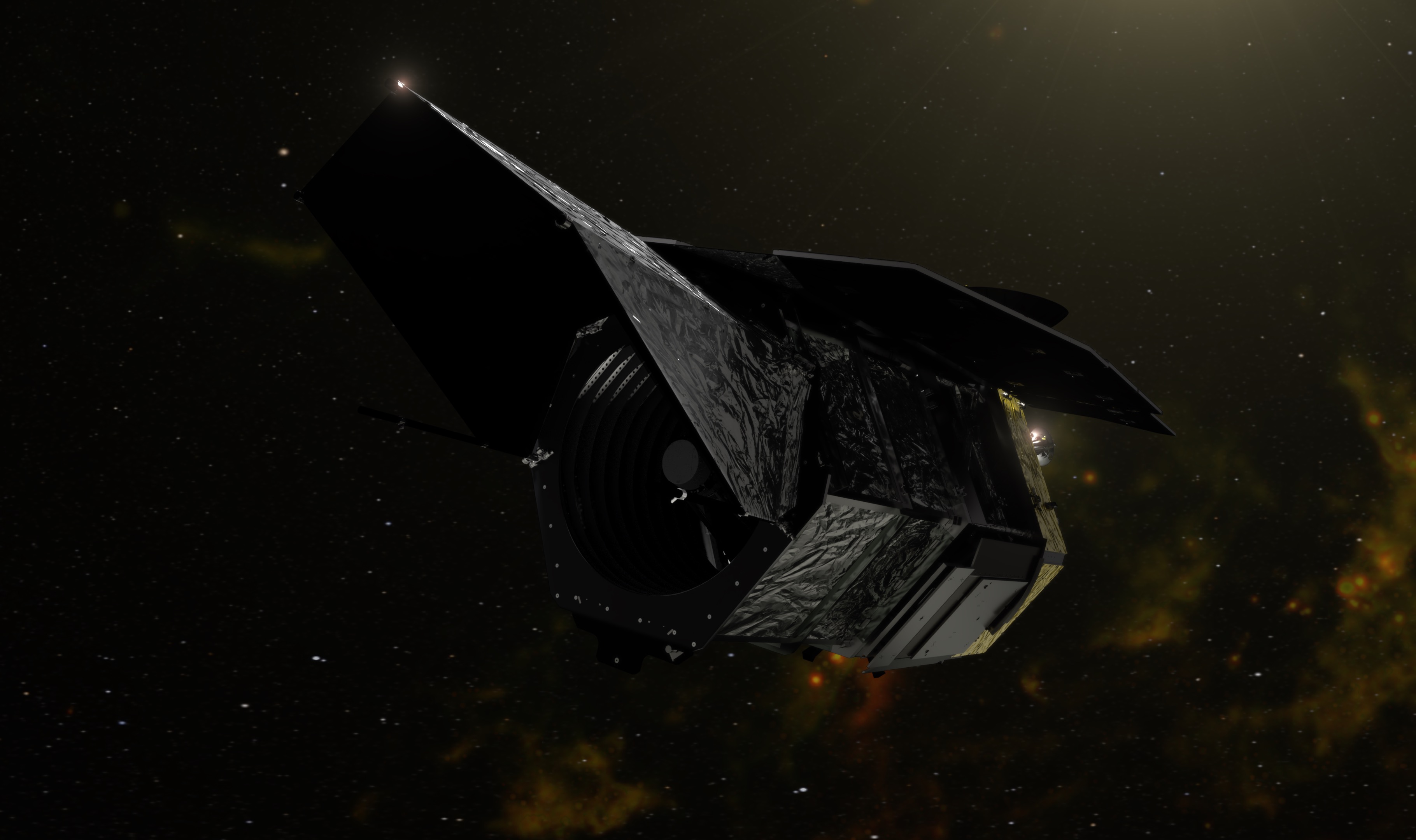Old survey data could be hiding undiscovered rogue planets
A group of scientists has discovered what they believe to be rogue planets hidden in data captured between 2006 and 2014. The new planets are what astronomers refer to as “free-floating planets” -- a population of planets that are poorly defined.
According to a new paper, data captured during the Microlensing Observations in Astrophysics (MOA) II Gravitational Microlensing Survey could hide free-floating planets, highlighting the need for NASA’s upcoming Nancy Grace Roman Space Telescope.
 Image source: Willow / Adobe
Image source: Willow / AdobeThe paper has yet to be peer-reviewed, but if correct, it could help us outline the existence of possible rogue Earths and even rogue Neptunes, according to Universe Today. Free-floating planets are similar to rogue black holes, making their way through the universe without being held down by any one star.
These rogue planets, as some astronomers refer to them, are still unknown factors in the universe, and as astronomers have pointed out in the past, we aren’t really aware of how many there might be out there. However, the discovery of new free-floating planets in old data is exciting.
We’ve always known that finding new information in old data was likely, especially as the models we use to find planets and stars continue to grow and advance. While NASA has big plans to search for these rogue planets using the Nancy Roman space telescope, other scientists are developing ways to search independently.

According to this new paper, the researchers have found a new way to comb through the data from the MOA II Survey and look for free-floating planets. This new method focuses only on looking for what researchers call FSPLs or Finite Source and Point Lens events. The longer the event, the bigger the planet is.
So far, the researchers say they have discovered seven known candidates that could be free-floating planets. However, only one of them has terrestrial mass. Another important aspect of this study is that it shows just how helpful microlensing can be — looking for changes in the light from stars when a planet passes in front of it.
While the data here doesn’t confirm the existence of these new free-floating planets, it does at least help point researchers in the right direction. Hopefully, once the paper has been peer-reviewed, we’ll see more information about this discovery as the researchers look deeper into it.
The post Old survey data could be hiding undiscovered rogue planets appeared first on BGR.
Today's Top Deals
- This $16 clip-on lens kit fits the iPhone or any Android phone, and it’s awesome
- Amazon deal offers a 7-inch Android tablet for under $43
- Save 61% on a 6-port USB rapid charger on Amazon
- Save 75% on a Canon black and white multifunction laser printer on Amazon
Old survey data could be hiding undiscovered rogue planets originally appeared on BGR.com on Mon, 3 Apr 2023 at 20:48:00 EDT. Please see our terms for use of feeds.
